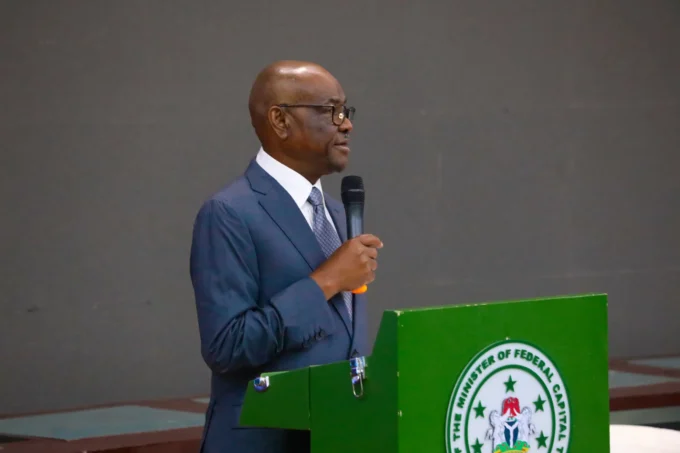In what can be regarded as a significant relief for drivers in the nation’s capital, the Nigerian National Petroleum Company (NNPC) Limited has announced a fresh reduction in the price of petrol. The new pump price, which takes effect immediately, has dropped to N965 per liter from the previous N1,030. This decision is expected to ease the financial strain on many Abuja residents relying on fuel for their daily commutes.
Recent visits to several NNPC retail stations, particularly in the Central Area and the Nyanya suburb of Abuja, have confirmed that the price adjustment is already in place. As vehicles lined up at the pumps, many customers expressed their delight at the new rates, which reflect a broader trend of price adjustments in the Nigerian fuel market.
This latest price cut marks the second notable reduction by NNPC in just two weeks. Earlier, the price was slashed from N1,060 to N1,030, showcasing NNPC’s active approach to managing fuel costs amidst ongoing economic challenges. The company’s decision appears to come at a critical time when fuel prices have had a notable impact on the daily lives of many citizens, contributing to rising transportation costs and, ultimately, the prices of goods and services.
Also read: New Focus on Drug Precursors: The Evolving Battle Against Fentanyl in Canada
Motorists in Abuja were quick to welcome the drop in petrol prices, viewing it as a positive development in the midst of a generally challenging economic landscape. Some drivers expressed cautious optimism, hoping that this decrease signals the beginning of a trend toward more affordable fuel prices. Many residents indicated that the alleviated costs at the pump would provide some breathing room within their tight budgets, which have been affected by fluctuating fuel prices in recent months.
Local businesses, which depend heavily on fuel for operations, also stand to benefit from this pricing change. Lower fuel costs could contribute to stabilizing prices for goods and services, ultimately benefiting the average consumer. As food and transport prices have been closely tied to the fluctuations in fuel costs, many hope that these new petrol prices will lead to better overall economic conditions in the short term.
However, while the reactions have been largely positive, economic analysts have expressed a note of caution. Some fear that the price reductions might be temporary, influenced by global oil market dynamics and Nigeria’s internal economic policies. Global oil prices can be volatile, influenced by everything from geopolitical events to economic data from major oil-producing nations. As such, while the current price cuts are encouraging, the sustainability of this trend remains uncertain.
The NNPC’s latest decision underscores the company’s commitment to addressing the rising cost of fuel, which has been a major point of concern among the populace. With increased scrutiny on fuel pricing and supply chain management within the oil sector, consumers are closely watching the NNPC’s next moves. Amid rising inflation and economic pressure, citizens are eager to see whether this price cut is the first of many to come or a fleeting moment of relief.
Also read: Dancer Lil Smart Takes Legal Action Against Naira Marley and Zinoleesky Over Life Threats
As the nation gears up for a review of its economic strategies, especially in the energy sector, many stakeholders are hopeful that regulatory improvements and market stability could lead to continued price cuts in the future. For now, the reduction to N965 per liter represents a positive shift for many Nigerians, sparking a renewed sense of optimism amidst the challenges they face at the petrol pump.
With this notable movement in the fuel sector, all eyes will be on the NNPC to see how it manages prices going forward, as well as how these changes impact the daily lives of citizens. As the situation continues to evolve, the public remains vigilant, hoping that this trend of lower prices will persist.









































Leave a comment